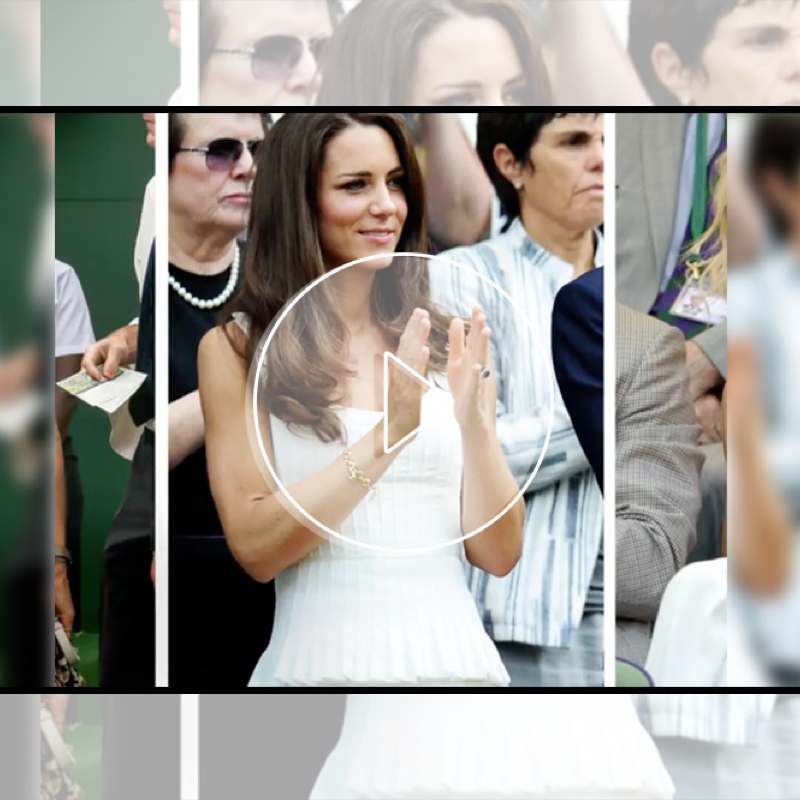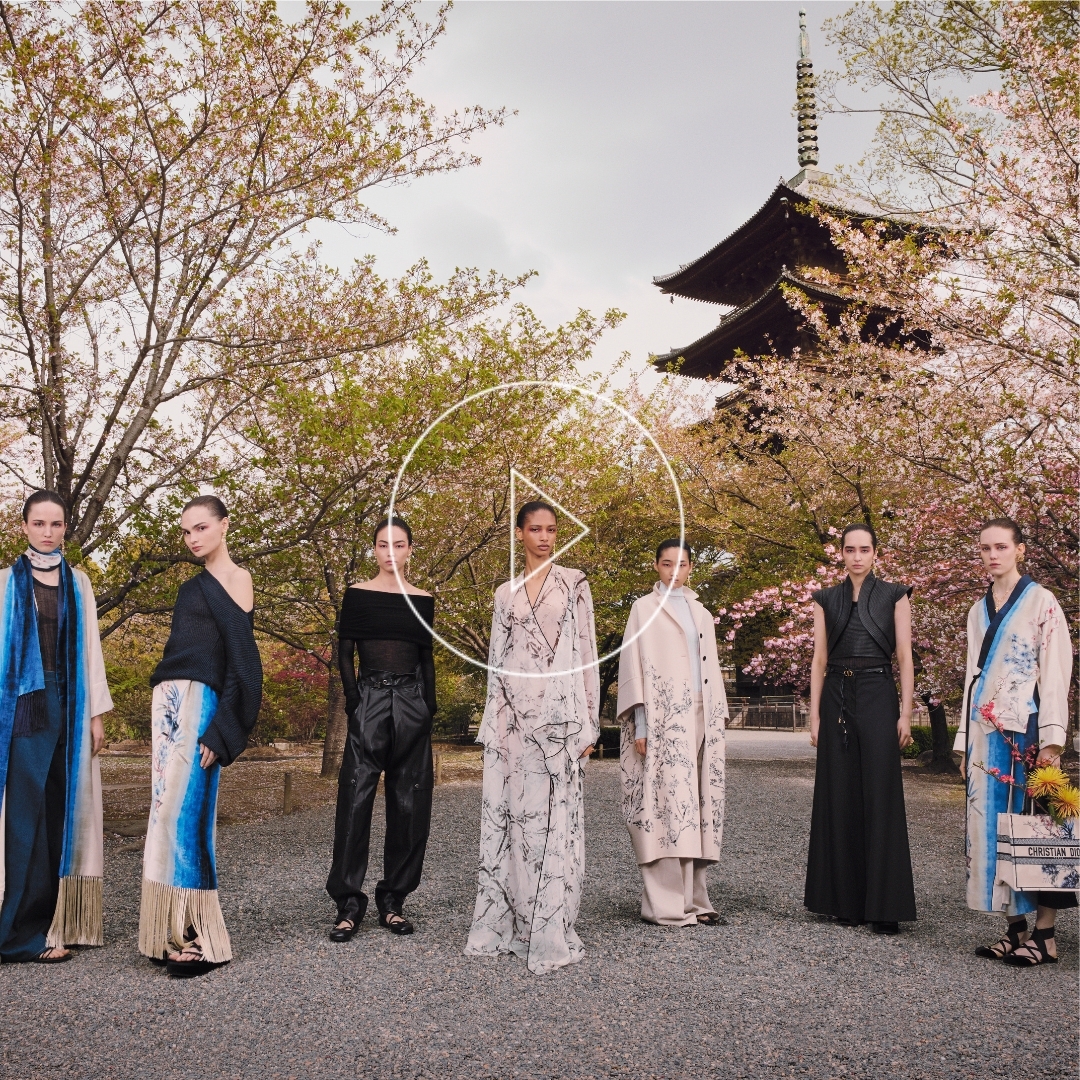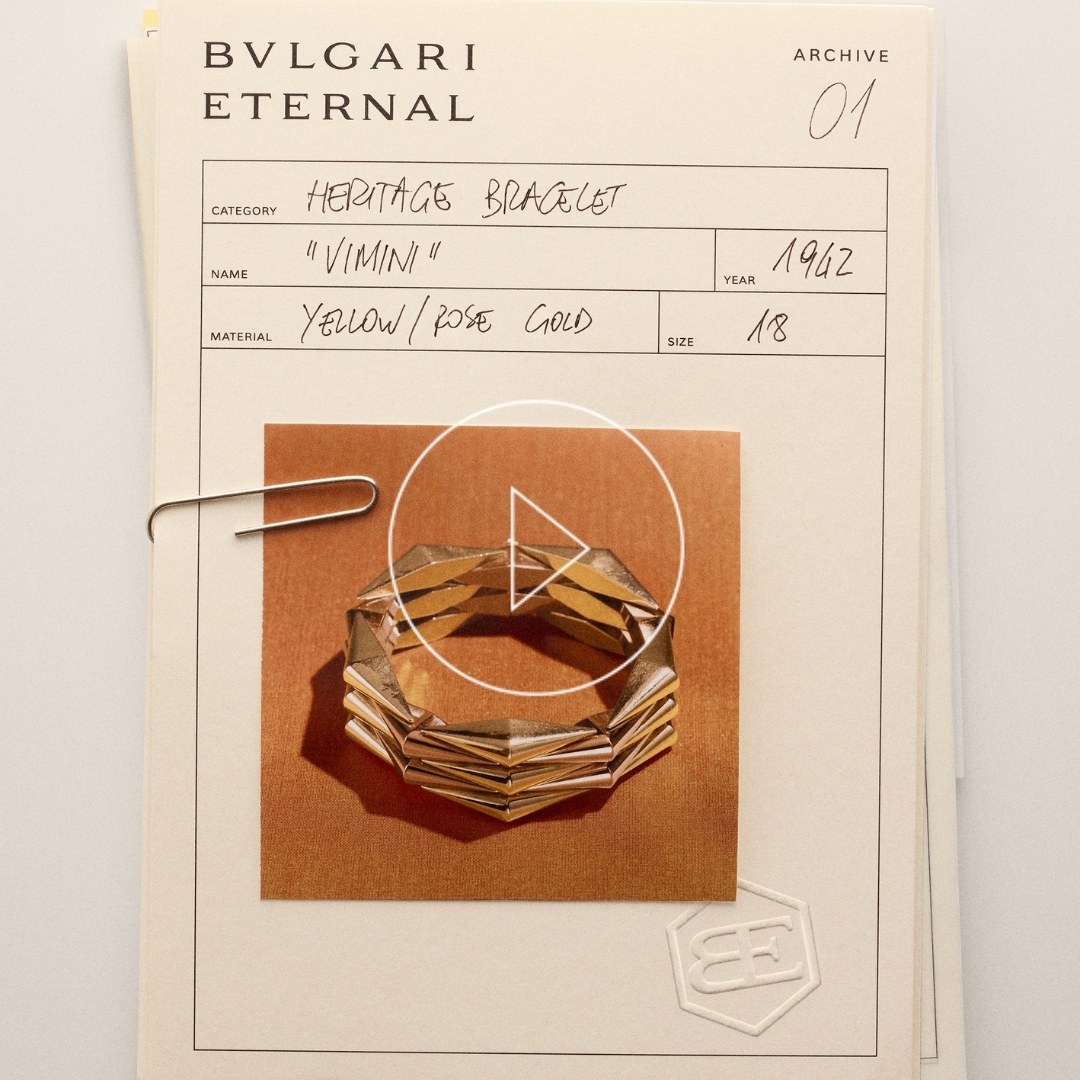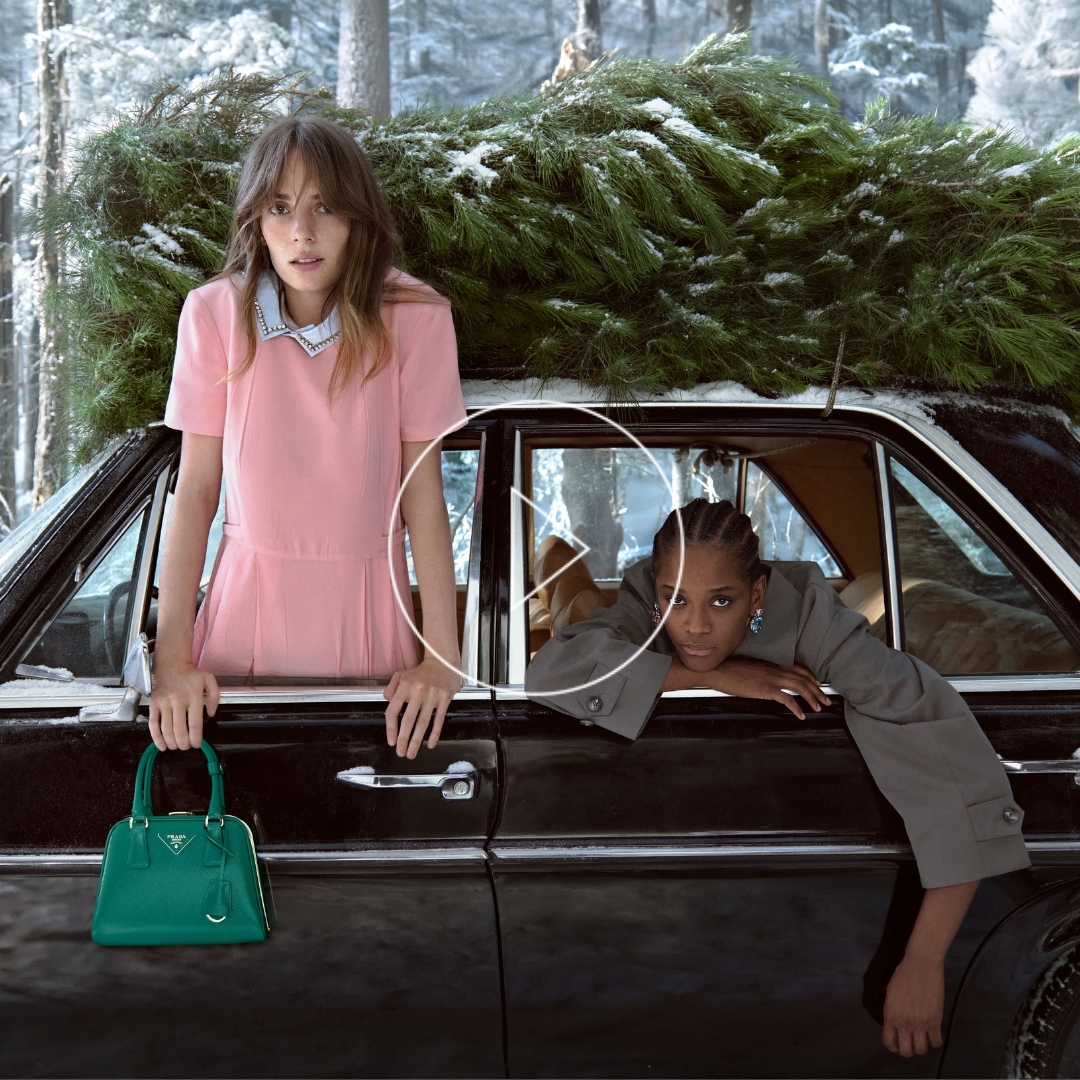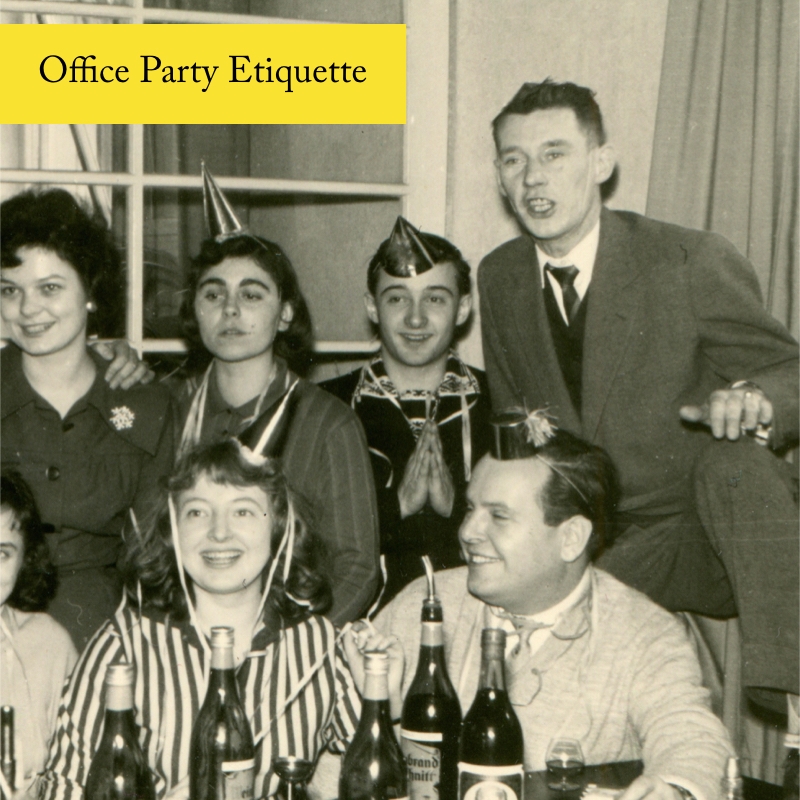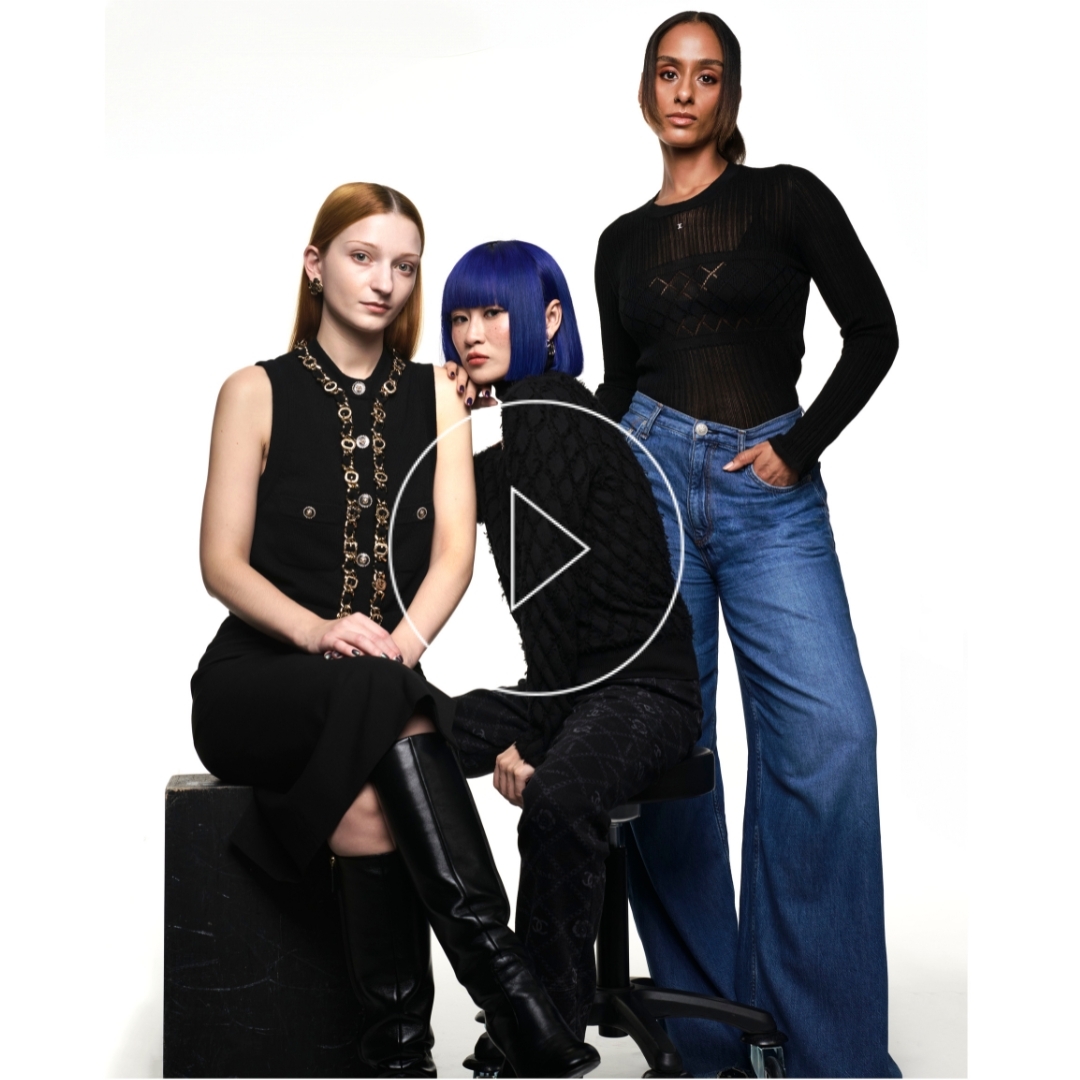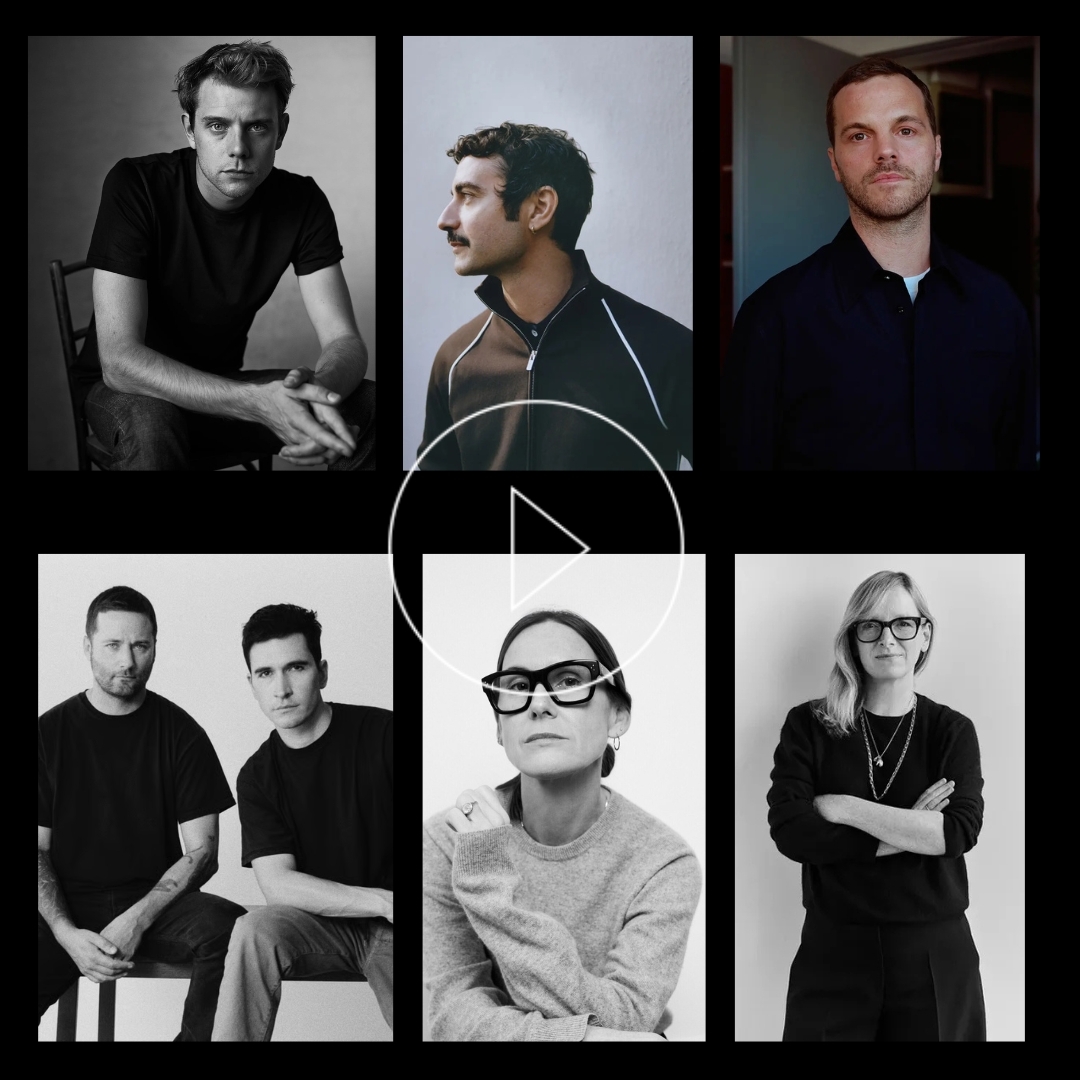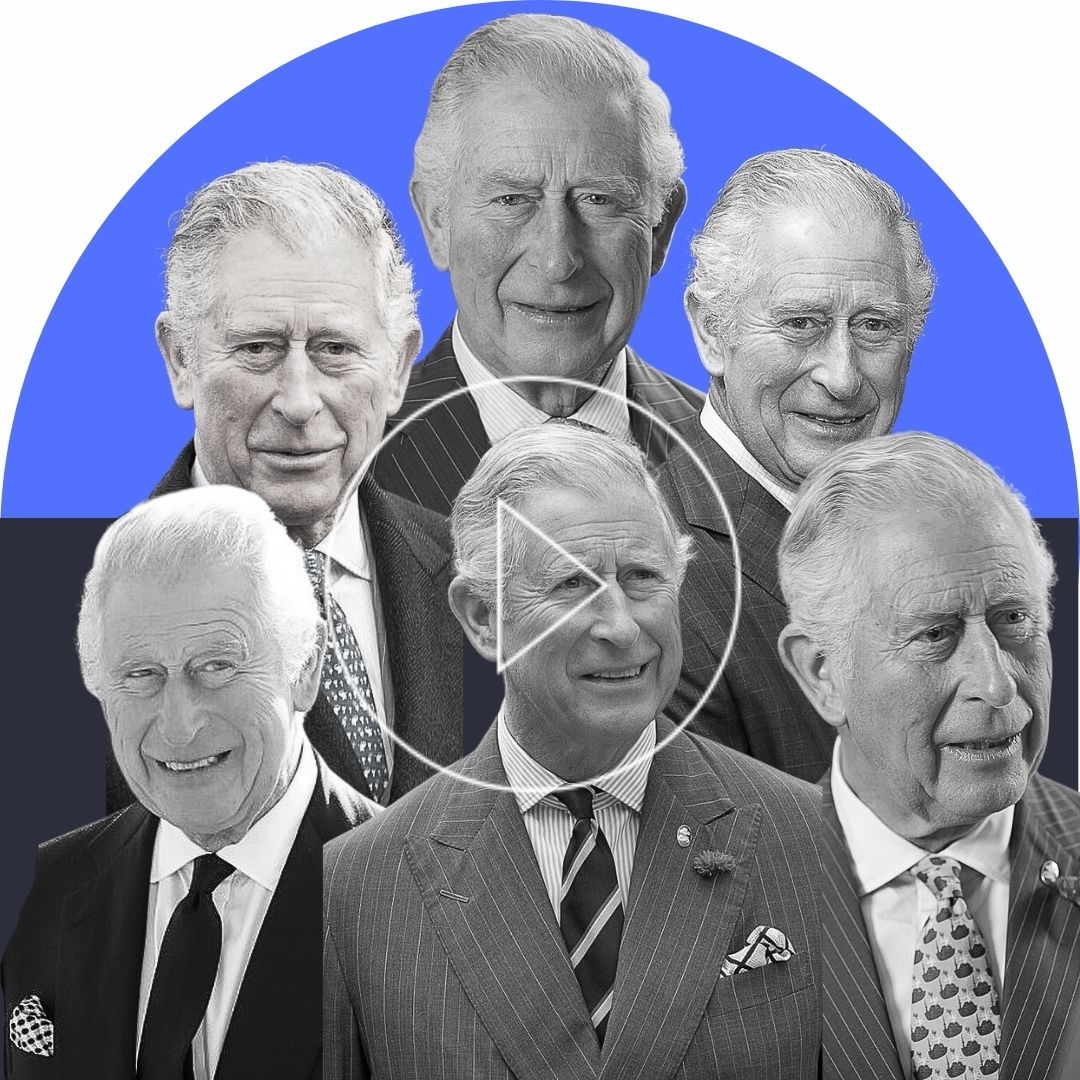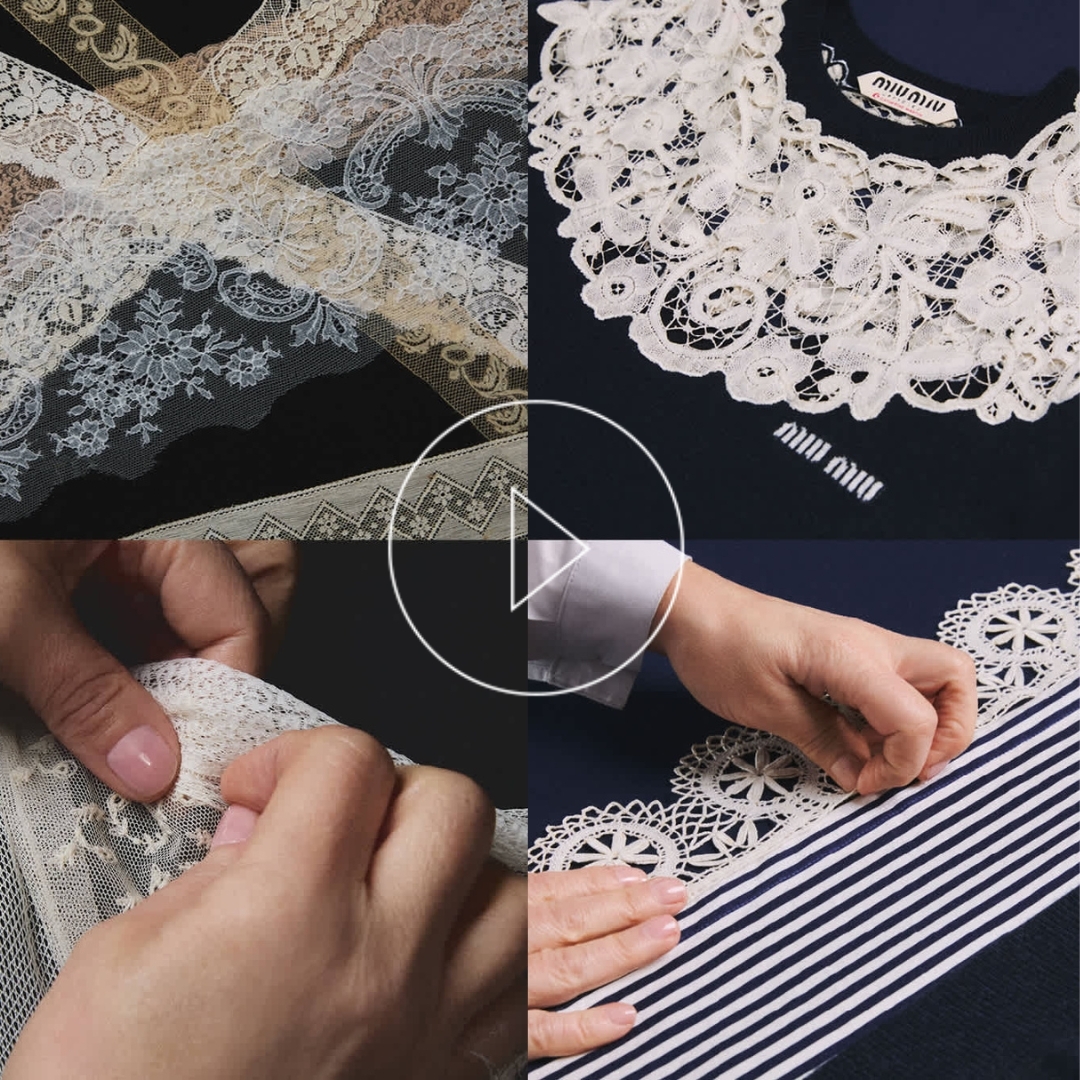Happy people bond, the unhappy ones buy compulsively

Times of crisis are usually accompanied by self-reflection and growth. And it’s no different now. Inflation and war in Europe are forcing us to re-evaluate our habits. And most of us are searching for ways to come out of this crisis better and happier. So here is where enters the study of the Italian sociologist Roberta Paltrinieri, who concluded that happy people bond and unhappy ones are compulsive buyers. Keep reading to find out why.
Does the Society of Abundance Bring Happiness?
According to Aristoteles, happiness is the pleasure we feel through an action. Since the ’50s, this concept has been interpreted in a very materialistic way. It presupposes that we obtain pleasure through the action of consuming objects. In other words, people will be happy buying new clothes, the latest designer bag, a bigger house and so on. But of course, these little pleasures don’t last long; hence consumers are never able to satiate their craving for more. In most cases, unhappy people end up buying compulsively, forgetting any other source of happiness.

Different Types of Shopaholics
There are different types of compulsive buyers. For example, people who go crazy during sales and must buy anything that is a bargain, even if they don’t need it. There are those who shop to relieve emotional distress. And there are also collectors, who believe they need to have one item in each colour to feel complete. Additionally, among other types of compulsive shoppers are people who think buying flashy things to seem big spenders and impress others will make them happy. Regardless of the type of shopaholic they are, two-thirds of compulsive buyers suffer from anxiety or depression. And at the end of the day, they are all trying to fill a void in their lives.
Where Do We Find Long-Lasting Happiness?

According to Roberta Paltrinieri, responsible happiness is “a different way of thinking about individual and collective well-being. It is the overcoming of a cultural model that made ‘I consume, therefore I exist’ the leitmotif of the last thirty years, in favour of a cultural model that values relationships before status symbols.” She adds, “Happy societies produce relationships and bonds.” In other words, people who connect with others and participate actively within their own communities are happier people. Which, by the way, is the exact same conclusion that the 75 year-long Harvard Study of Adult Development arrived to. If you want to know more about it, read To live a long, healthy and happy life.
When people seek social acceptance through material things, believing they must own the same or more than others to be accepted, they are on a sure way to become unhappy. On the other hand, those who forget their egos and don’t look for validation from others can find happiness in building real connections. Studies show, for example, that when helping others, people find purpose in life and feel happy.

Small Steps to Be Happy
It’s a fact that focusing on the needs of others instead of chasing instant gratification makes people happy. Small unselfish actions can bring you much more happiness than any designer bag ever would. For instance, joining your parish to bake cakes to raise money or helping at a local soup kitchen. One can be happy by simply taking the time to visit lonely people. Or preparing a nice meal and greeting your family with a smile on the face, even when you had a bad day. Paradoxically, it is when you stop searching for your own happiness and focus on other people and the community that you become truly happy.
Title photo by Gustavo Fring via Pexels.
SHARE


